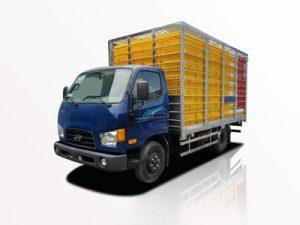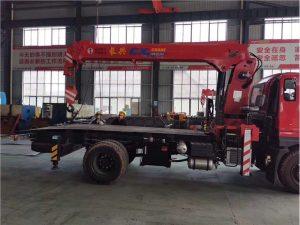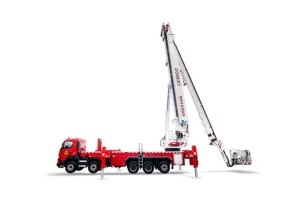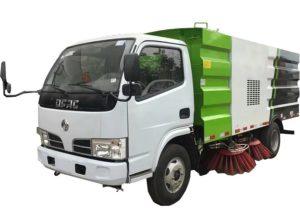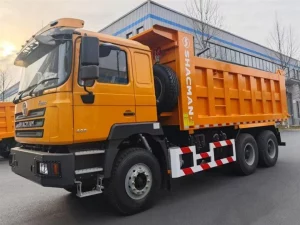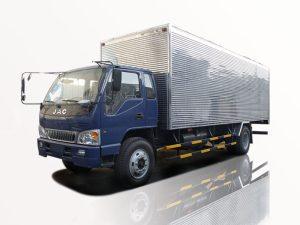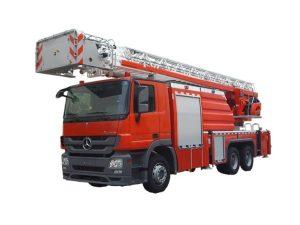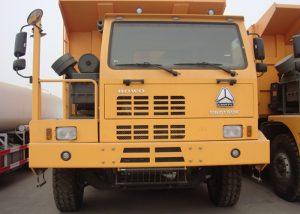Monday to Saturday - 8:00 -17:30
What’s the Difference Between an RV and a Camper?
When it comes to outdoor adventures, the choice between an RV and a camper can be a crucial one. Understanding the differences between these two types of recreational vehicles is essential for making an informed decision that best suits your travel needs. This article digs deep into the nuances separating RVs and campers, helping you to determine which option is right for your next adventure.
Understanding Recreational Vehicles (RVs)
Recreational vehicles, or RVs, encompass a wide variety of mobile living accommodations, ranging from simple van conversions to large motorhomes. They are designed for travel and can provide a level of comfort and convenience similar to that of a home.
Types of RVs
RVs can be broadly categorized into several types:
- Class A Motorhomes: These are the largest and most luxurious RVs, resembling buses and typically equipped with full amenities, including kitchens, bathrooms, and sleeping areas.
- Class B Motorhomes: Also known as camper vans, these are smaller and more maneuverable than Class A RVs, suitable for couples or solo travelers.
- Class C Motorhomes: Often built on a truck chassis, they are easily recognizable by the over-cab sleeping area and provide a good balance of space and drivability.
- Travel Trailers: These are towed by vehicles and come in various sizes. They can have all the comforts of a home, making them suitable for families.
- Fifth-Wheel Trailers: Towed by a pickup truck, these trailers offer a distinctive design that allows for more living space.
Pros and Cons of RVs
| Pros | Cons |
|---|---|
| Spacious living areas with full amenities. | Higher initial cost and maintenance fees. |
| Comfortable for long trips. | Less fuel-efficient than smaller vehicles. |
| Variety of options to suit different needs. | Can be challenging to maneuver in tight spaces. |
Understanding Campers
Campers, on the other hand, are smaller and often more basic than RVs. They are designed to facilitate camping experiences while providing some level of comfort for those who invest in them.
Types of Campers
Campers are available in a few different styles, including:
- Pop-Up Campers: These are foldable trailers that can be towed behind a vehicle. They are lightweight and easy to store.
- Teardrop Campers: Similar in shape to a teardrop, these compact campers can accommodate a sleeping area and a small kitchen.
- Truck Bed Campers: Designed to fit in the bed of a pickup truck, these campers are mobile and versatile, ideal for off-road adventures.
- Hybrid Trailers: These combine features of both traditional trailers and pop-up campers, offering flexible living spaces.
Pros and Cons of Campers
| Pros | Cons |
|---|---|
| Generally more affordable than RVs. | Limited space and amenities. |
| Easy to tow and store. | May require setup time (especially pop-ups). |
| Ideal for short trips and camping adventures. | May not be suitable for longer travels. |
Key Differences Between RVs and Campers
Size and Space
One of the most significant differences between RVs and campers is their size. RVs typically offer more living space, including separate rooms, kitchens, and bathrooms. Campers, on the other hand, are smaller and designed for easy towing and storage.
Amenities
RVs come equipped with full amenities, often including:
- Kitchen with a stove, microwave, and refrigerator
- Bathroom with a shower and toilet
- Comfortable sleeping areas
In comparison, campers may only have the basics, such as a small kitchen area and limited sleeping space.
Price and Budget
When considering your budget, it’s essential to note that RVs generally cost more than campers due to their larger size and additional features. However, both options are available at various price points, making it possible to find something that fits your financial situation.
Ease of Use
An essential factor for many travelers is ease of use. RVs can sometimes be cumbersome to drive and park, particularly larger models. Campers, especially smaller models, are often easier to tow, maneuver, and fit into tight spaces. For those who enjoy off-the-beaten-path adventures, campers can be a better choice.
Practical Examples and Tips
Travel Scenarios for RVs
RVs are perfect for:
- Long family vacations where comfort is a priority.
- Travels that involve relocating frequently (like RV living).
- Road trips where multiple passengers will share accommodations.
Travel Scenarios for Campers
Campers are ideal for:
- Weekend getaways with minimal logistics.
- Camping trips in national parks or off-road locations.
- Travelers who prefer a more rugged, active lifestyle.
Tips for Choosing Between RVs and Campers
- Consider the size of your travel group: RVs can accommodate larger families, while campers are better for couples or solo trips.
- Think about how often you’ll be using your vehicle: If you plan on frequent trips and long-distance travel, an RV may be a better choice.
- Evaluate your storage options: Campers are easier to store due to their smaller size.
- Factor in your budget and lifestyle preferences: Decide how much comfort you are willing to sacrifice for convenience and affordability.
Maintenance Considerations
RV Maintenance Tips
Owning an RV comes with specific maintenance requirements:
- Regularly check your tires and brakes.
- Schedule annual inspections to catch potential issues early.
- Winterize your RV to prevent damage from freezing temperatures.
Camper Maintenance Tips
For campers, maintenance is often simpler:
- Keep the exterior clean, especially if it’s a pop-up model that can collect debris.
- Inspect the awnings and seals regularly for any wear and tear.
- Check your tow vehicle to ensure it can handle the camper’s weight.
Choosing the Right Fit for Your Lifestyle
Ultimately, choosing between an RV and a camper comes down to personal preference and travel style. Here are a few considerations to keep in mind:
- If you prioritize comfort and amenities for long travels, an RV may suit you better.
- If you enjoy a minimalist, active lifestyle and prefer quick hops to your destination, a camper might be the way to go.
Frequently Asked Questions (FAQ)
1. Are RVs considered campers?
Yes, RVs can be considered a type of camper. However, “camper” generally refers to smaller, simpler vehicles or attachments designed explicitly for camping, while RVs encompass a broader range of vehicles, including luxury models.
2. Can you live in a camper full-time?
Many people choose to live in campers full-time. However, factors such as space limitations, amenities, and personal preferences should be considered before making this decision.
3. Which is better for families: an RV or a camper?
Generally, RVs tend to be better for families due to their larger space, more amenities, and comfort. However, some larger campers can also accommodate families effectively, so it depends on your specific needs.
4. What is the average cost difference between an RV and a camper?
The average cost of an RV generally ranges from $10,000 to $300,000+, while campers can range from $3,000 to $50,000. Factors such as type, size, and features significantly affect these costs.
5. Are RVs or campers more fuel-efficient?
Campers are typically more fuel-efficient, especially when compared to larger RVs. Compact models often achieve better gas mileage than the larger, heavier RVs.
6. How do I choose between an RV and a camper for family camping trips?
Consider the size of your family, the length of your trips, and the comfort level desired. If you plan to spend a lot of time inside, an RV could be the better choice. If you want to spend most of your time outdoors and only need basic accommodations, a camper may suffice.


